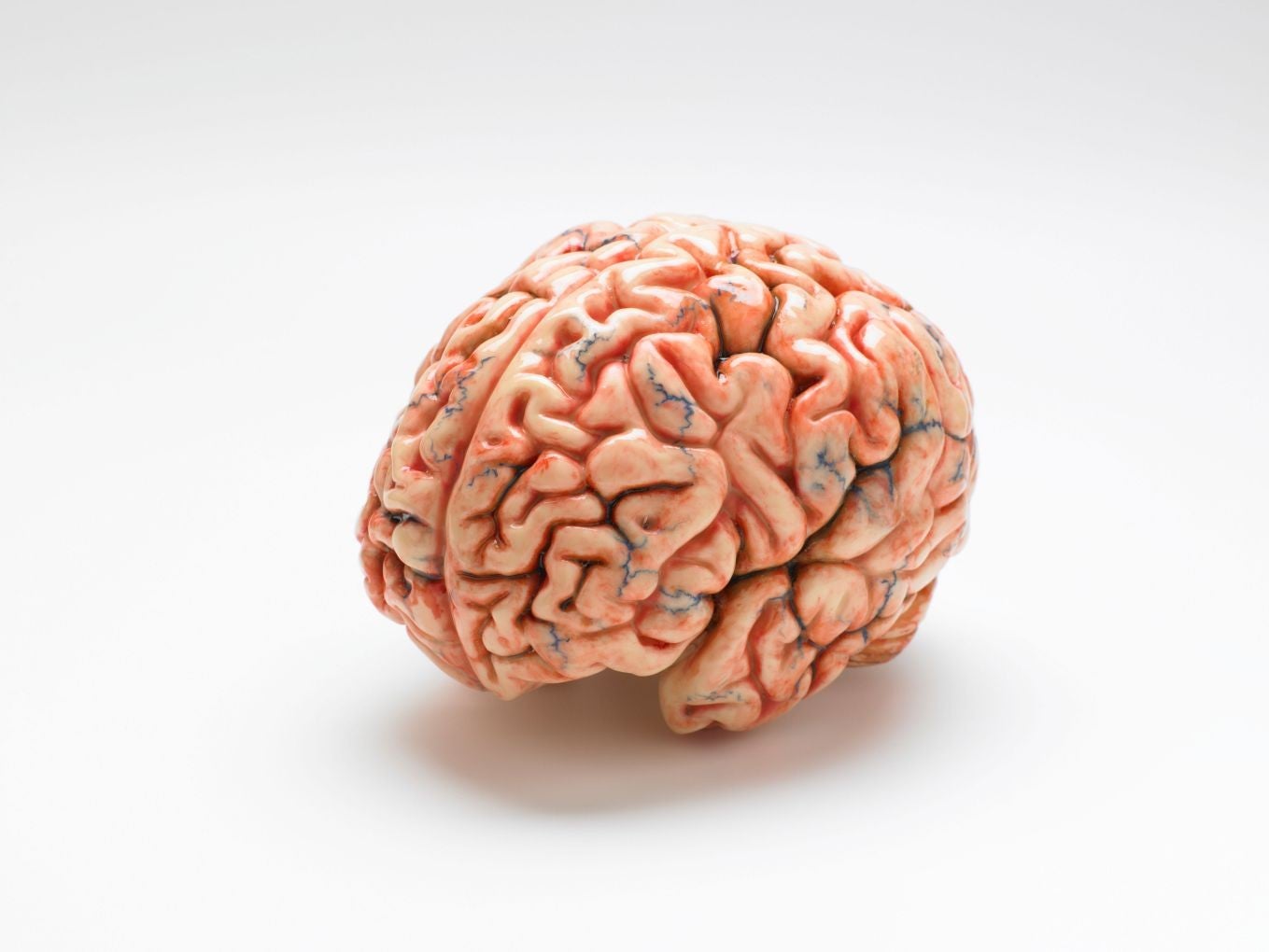How much common sense do you have? Take the quiz
Try and answer these seven trick questions to find out

Your support helps us to tell the story
From reproductive rights to climate change to Big Tech, The Independent is on the ground when the story is developing. Whether it's investigating the financials of Elon Musk's pro-Trump PAC or producing our latest documentary, 'The A Word', which shines a light on the American women fighting for reproductive rights, we know how important it is to parse out the facts from the messaging.
At such a critical moment in US history, we need reporters on the ground. Your donation allows us to keep sending journalists to speak to both sides of the story.
The Independent is trusted by Americans across the entire political spectrum. And unlike many other quality news outlets, we choose not to lock Americans out of our reporting and analysis with paywalls. We believe quality journalism should be available to everyone, paid for by those who can afford it.
Your support makes all the difference.The first person to talk about common sense was Aristotle, who thought that 'common sense' was the ability to take lots of sensory information and combine it to form a perception of the world.
We all have senses, which enable us to see colour, hear sound and so on – but without Aristotelian 'common sense' we wouldn't be able to turn this information into anything useful.
In modern times, our definition of common sense is slightly different, but largely similar to the one Aristotle came up with about 350 years BC.
Common sense really involves taking the information you have and turning it into more information.
If your friend calls you and tells you they're running late to your coffee date, you're not going to be surprised when they show up 10 minutes after initally planned.
This is because you have the common sense to put these two things together.
It has been suggested that common sense is more valuable than we give it credit for -– that scientists and psychologists should pay far more attention to it than they do.
Professor Benjamin Redekop, Associate Professor of Leadership studies at Christopher Newport University, agrees with this theory.
"If higher thought and learning is simply a refinement and extension of common sense," he writes, "rather than its negation, then those higher up in the decision-making chain are well-advised to pay serious attention to the perceptions and insights of those lower down."
In other words, science should be working with common sense, not against it.
Quiz and test master Tom Dunbar, better known on YouTube as Thomas8April has more than 50 videos to test our knowledge and personalities.
One video contains seven trick questions that will try and lead you to the wrong answer.
Will you be led astray?
Test your common sense by seeing if you can avoid the tricks and get the answers right on as many of these as you can.
Guess the answer, then click the card to flip.
How did you do?
Join our commenting forum
Join thought-provoking conversations, follow other Independent readers and see their replies
Comments